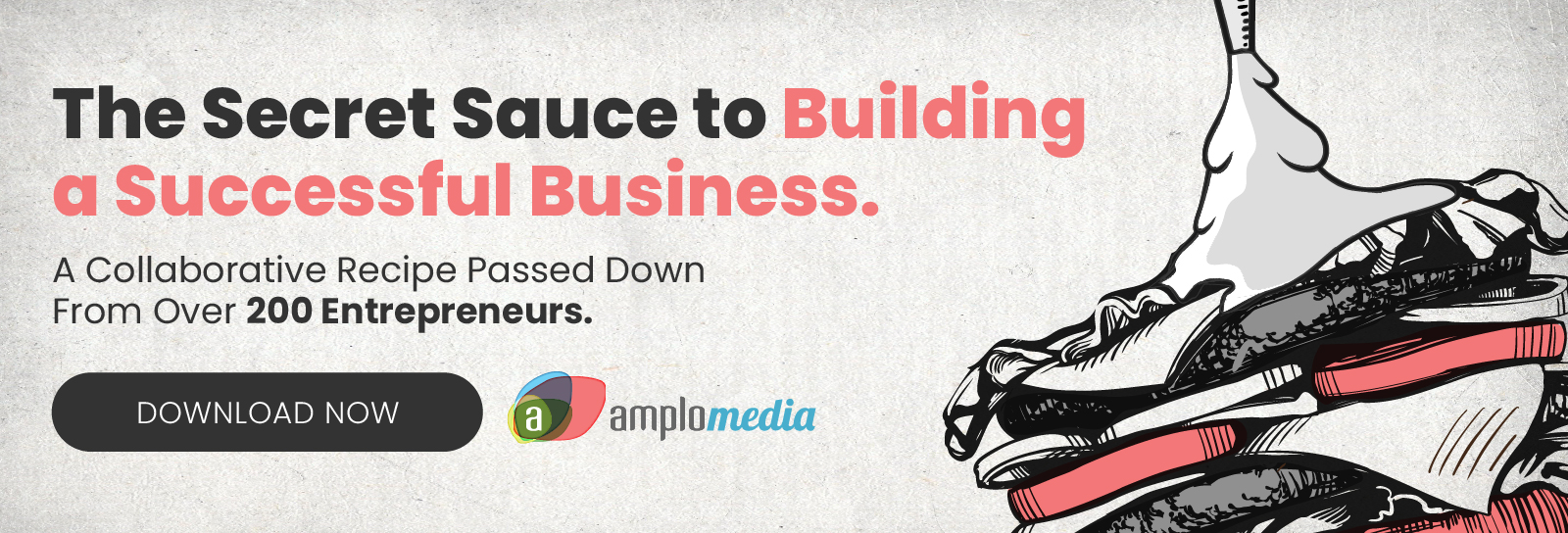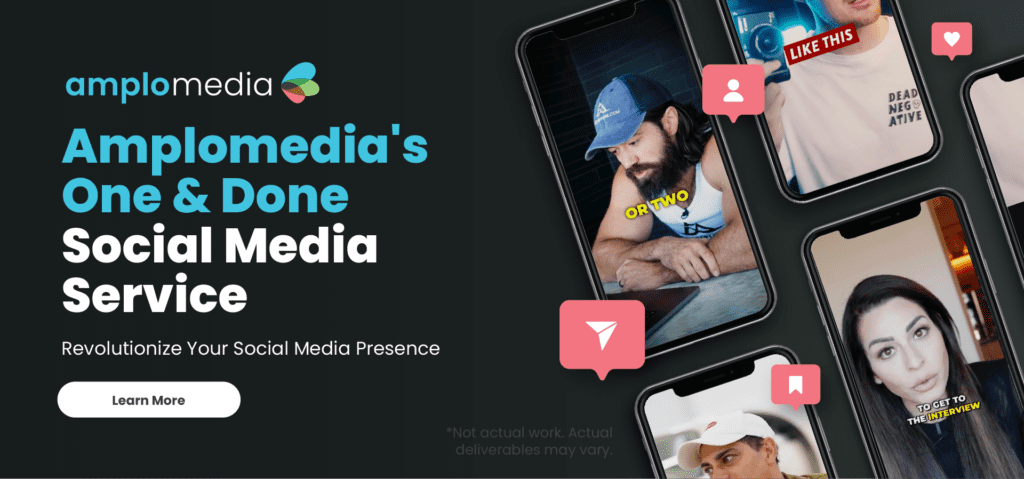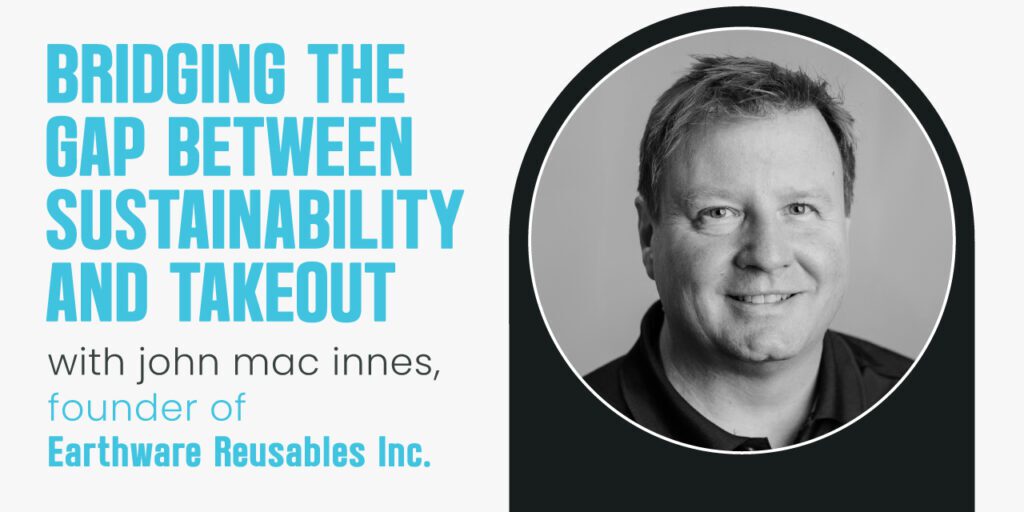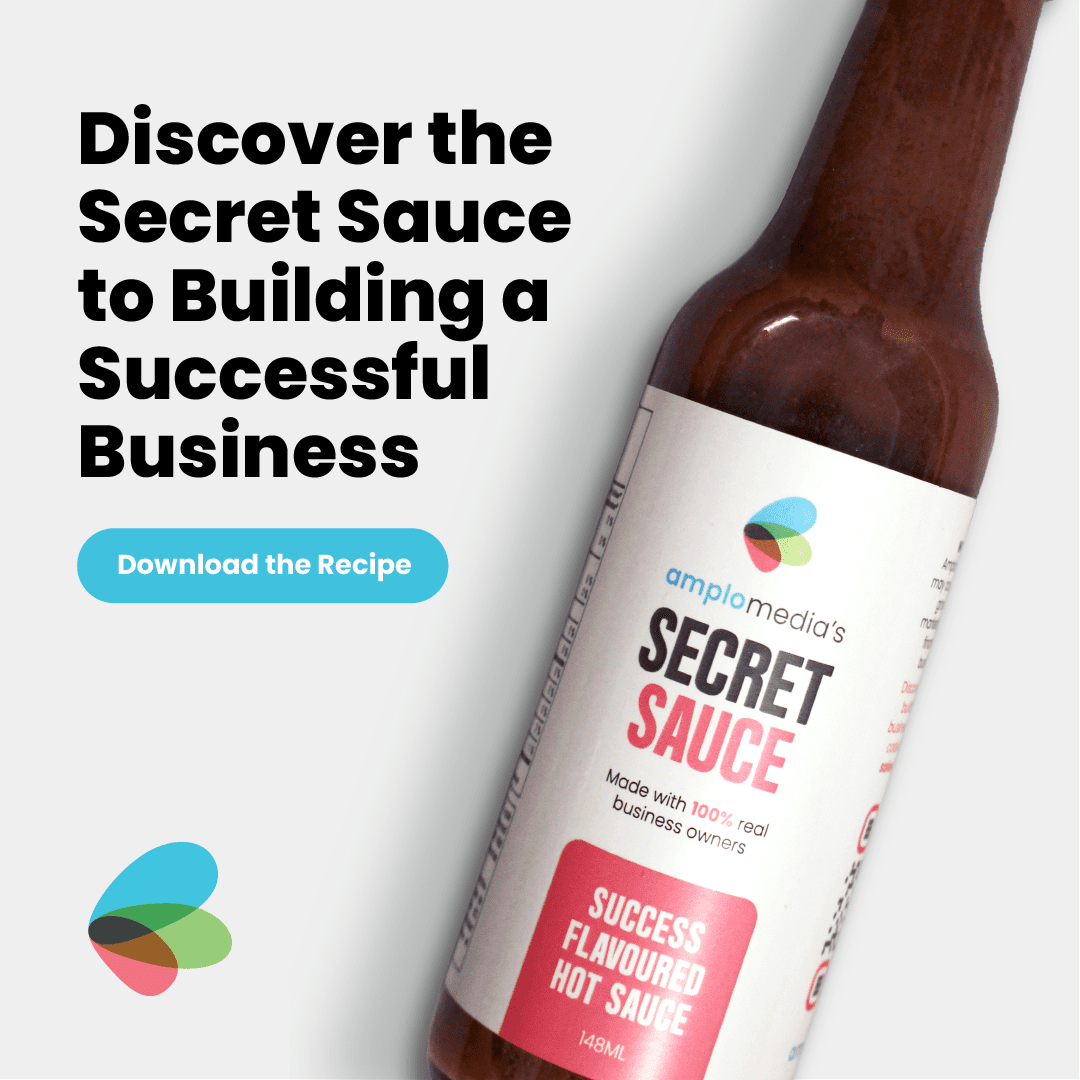Today’s entrepreneur introduces to us the three-legged stool theory: that a successful business is a three-legged stool successfully balancing each of its legs, namely People, Processes, and Cash.
Introducing John Mac Innes, the Founder of Earthware Reusables Inc. Earthware is pioneering a modern version of the milkman concept by collaborating with restaurants to transition to eco-friendly, reusable containers, utilizing proven deposit and return systems for a sustainable dining experience.
John’s answer to the million-dollar question in particular was an interesting one, showing us a fresh and entirely valid perspective on investments in business. Stick around to learn more about it.
What are three things every Entrepreneur should know?
One of John’s basic business tenets he sees as a three-legged stool with each of the legs being People, Processes, and Cash. Each of the legs has to be evenly balanced for the stool to function properly.
There are many ways to think of people within your organization. John believes that you must love the people you work with to work well together. Another trend when it comes to people in a business that John has noticed is that many people start a business with a few generalists who can perform many tasks and then begin to bring in more specialists as the business grows.
Sometimes generalists become more disruptive in larger organizations because of their ability to wear many hats. In larger organizations, it’s more important for people to be specialists in what they do and stick to doing that.
On the processes side of things, as you move through the entrepreneurial journey, processes have to be consistently updated. The best way to update processes, according to John, is to remove duplicates and speedbumps so that both customers and staff are able to work more efficiently.
Cash is possibly the most important leg of the stool. All through your business journey you’ll either have cash deficits or too much cash. It’s your responsibility as the business owner to decide what to do in either case.
What problem does your business solve and who are its customers?
John’s business, Earthware Reusables Inc., is tackling a significant problem facing all of us on Earth today: single-use plastic. More specifically, single-use takeout containers. Not including fast food, takeout containers are about a $160 billion annual industry and almost all of these containers end up in the landfill.
Earthware introduces a modern twist on the historical milkman concept. The company partners with restaurants, enabling them to switch from disposable containers to durable, reusable options. This approach aligns with the contemporary drive for sustainability and leverages established deposit and return systems, making Earthware a pioneer in integrating this model into the food industry.
Customers return used containers through designated collection points, receiving refunds as part of a well-structured system. The containers undergo a thorough inspection, ensuring they meet stringent standards before re-entering the market for restaurant use. While Earthware currently focuses on restaurant clients, its forward-thinking vision extends to transforming the grocery sector by replacing single-use containers with reusable alternatives.
Earthware’s innovative solution addresses a growing environmental concern, resonating with conscious consumers and businesses alike. By reimagining the traditional exchange model, Earthware contributes to a more sustainable future in dining and retail practices.

What inspired you to become an Entrepreneur and would you do it again?
It’s clear that a certain amount of environmental awareness inspired John’s product, however, when it comes to what inspired him to become an entrepreneur John mentioned that he’s only ever had two “real jobs” and that entrepreneurship has always been in his blood.
As a child, John would collect his grandparents’ books and sell them to used bookstores. He partook in other small ventures when he was young and, as he grew up, went on to establish and subsequently sell a software company as well as a financial technology company.
Years down the road, at the foot of founding company number eight, John realized that he really wanted his next company to be something that makes an impact, hence, Earthware.
When asked if he would do it again, John seemed to be torn. Although his wife would prefer this to be his last venture, he truly loved it and would find it difficult to walk away – even though Earthware’s intricate nature does require a lot of his time and energy.
If someone had given you a million dollars when you first started your business, what would you have spent it on?
If someone had invested in John’s business at the beginning, the focus for him would have been on smart spending. Money is important, yes, but using it wisely is more important.
John believes in “failing fast” and reaching profitability quickly to show and understand how your business can survive, rather than having too much money upfront as this could lead to sticking with an idea that doesn’t work. Learning to do things efficiently and overcoming challenges on a budget is a valuable lesson for any entrepreneur.
John’s advice is not to rush with a large investment right away, but rather to wait until the business has proven itself with revenue and a solid process. Once there’s a clear path forward, that’s when extra money can really help with expansion and growth. The key is finding the right balance between having enough resources to move forward and not getting complacent by having too much money too soon.
What is your proudest accomplishment as an Entrepreneur?
John’s proudest accomplishment is not a specific achievement or decision, but something of a less material nature.
Amid a challenging period for his software company, where they had to downsize by half, John had to make the difficult decision to let go of many team members. What stands out for him is the way that they handled it.
John’s pride stems from the fact that all the individuals they had to release were swiftly able to secure new positions elsewhere, and not just any positions, but impactful roles that showcased their talents and capabilities.
He attributes this success to the high quality of the people they had brought into the company and his own network-building efforts through organizations like EO and YPO.
What big goals are you looking to achieve?
In 2024, John’s primary objective is to steer his company toward profitability, which he views as a fundamental hallmark of a successful business as it defines a company’s essence while serving the interests of investors and staff members who have placed their trust in the venture.
John is also actively pursuing expansion opportunities in one or two new cities. While certain process refinements are necessary before realizing these expansion plans, he recognizes that the right personnel and sufficient financial resources will help them reach this goal.
At the heart of these ambitions lies John’s resolve to make an impact by reducing the prevalence of single-use takeout containers and minimizing waste. His passion for making a tangible difference fuels his determination to scale up operations, tackle the issue of disposable containers, and contribute positively to the environment and society at large.
The wisdom that John Mac Innes had to share with us today was enlightening in an entirely refreshing way, offering a fresh take on the million-dollar question as well as a new way of looking at accomplishments.
We love seeing how different entrepreneurs’ knowledge sings the same tune one day and shows us an entirely new genre the next. What tune does your entrepreneurial knowledge sing? What problem is your business solving? Let us know by getting in touch with us today to share your own Entrepreneur Story!


